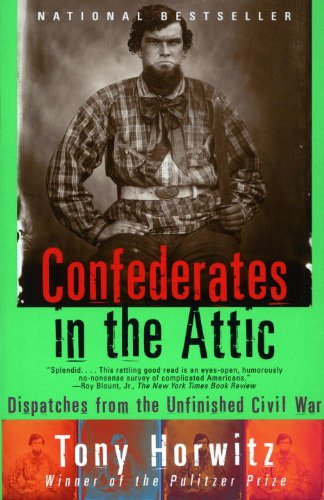The Killer Angels
I last read The Killer Angles four decades ago. I liked it the first time, but really grew to appreciate it with this reading. Great story, well written, and enlightening. My project, Maelstrom, is also a historical novel that alternates between Union and Confederate viewpoints, so I appreciated the difficulty of portraying events in an entertaining manner while remaining historically accurate.
The advantage of historical novelizations is that they can bring characters to life and allow the reader to feel like they were present when events unfolded. Novels are first and foremost stories, and stories must move. History has a way of happening in a haphazard fashion that hinders storytelling. The difficulty is to maintain good pacing while remaining faithful to the historical presentation. In this reading I could lift myself above the story and admire the craft.
Sharra does an excellent job and
deserved the Pulitzer Prize he won for The Killer Angels.

